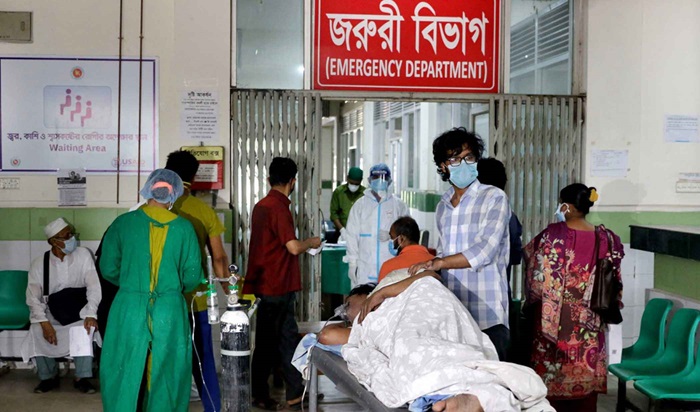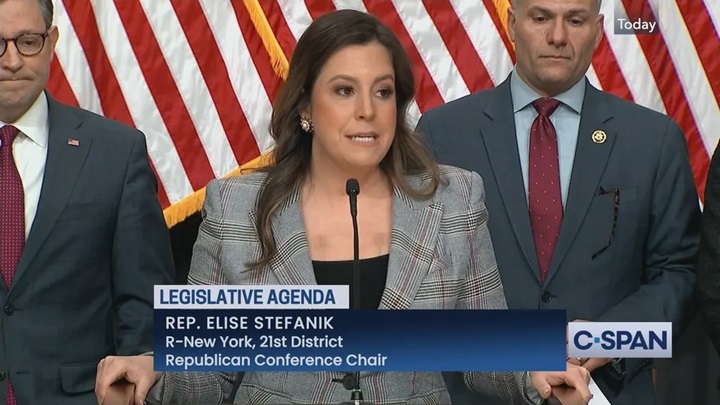Ex-servicemen hold a vital place in any society. These men and women have dedicated years, sometimes decades, of their lives to serve and protect their countries. Transitioning from military to civilian life can be challenging, but these veterans often carry a wealth of experience and skills. Recent news stories have highlighted the ongoing struggles and triumphs of ex-servicemen as they navigate issues related to employment, healthcare, pensions, and social reintegration. This article delves into the latest developments surrounding ex-servicemen, discussing key issues, challenges, and policies affecting veterans worldwide.
Employment Opportunities and Challenges for Ex-Servicemen
The Skills Veterans Bring to the Civilian Workforce
Ex-servicemen are often equipped with unique skill sets that can be highly beneficial in civilian careers. Leadership, discipline, teamwork, and problem-solving are just a few qualities that veterans possess, making them ideal candidates for various industries. Many companies now recognize the value of hiring veterans, offering specific recruitment programs tailored to their needs.
Challenges Faced by Veterans in Finding Civilian Jobs
Despite their skills, ex-servicemen can face significant challenges when seeking employment. One of the most significant hurdles is translating military experience into civilian terms. Veterans may struggle to articulate how their military roles apply to jobs in the private sector, leaving some employers unaware of their full potential.
Another issue is that some industries may be hesitant to hire veterans, fearing potential mental health issues like PTSD (Post-Traumatic Stress Disorder). While these concerns are often unfounded, they can still affect veterans’ chances of securing employment. This has led to calls for more awareness and better support programs aimed at helping ex-servicemen enter the civilian workforce smoothly.
Government and Private Sector Initiatives
Governments and corporations have increasingly stepped up their efforts to support veteran employment. Many countries have launched programs aimed at helping ex-servicemen transition into new careers. In the United States, for example, the Veteran Affairs’ (VA) Vocational Rehabilitation and Employment (VR&E) program provides veterans with training, career counseling, and job placement services.
On the corporate side, numerous companies have developed veterans’ hiring initiatives. Companies such as Amazon, Boeing, and Starbucks have committed to hiring a significant number of ex-servicemen, often providing additional resources such as mentorship and skill development training to ease their transition.
Healthcare Services for Ex-Servicemen: An Ongoing Concern
Physical and Mental Health Issues Affecting Veterans
Ex-servicemen often face physical and mental health challenges long after their military service has ended. Many suffer from injuries sustained in combat, such as amputations, spinal cord injuries, and traumatic brain injuries (TBIs). In addition to physical health problems, veterans are at a higher risk for mental health disorders, including PTSD, depression, and anxiety.
Access to timely and quality healthcare is critical for addressing these issues, yet many veterans encounter obstacles in receiving the care they need.
The State of Veteran Healthcare Services
Healthcare services for ex-servicemen vary significantly depending on the country. In some regions, veterans receive priority access to state healthcare systems, while others rely on specific veterans’ hospitals or clinics. Unfortunately, healthcare for veterans is often criticized for being underfunded or poorly managed.
In the U.S., the VA healthcare system has come under scrutiny for long wait times, inadequate care, and bureaucratic inefficiencies. Many veterans report having to wait months for basic appointments, while others struggle to find specialists who understand their unique medical needs.
Recent Improvements in Veterans’ Healthcare
Despite these challenges, there have been some positive developments in veteran healthcare services. Recent reforms have aimed to cut down wait times, streamline access to services, and increase funding for veterans’ mental health programs. For instance, the Veterans Choice Program in the U.S. allows veterans to seek care from private healthcare providers if they are unable to receive timely services at VA facilities.
Other countries, such as the U.K., have also introduced measures to improve veterans’ healthcare. The Armed Forces Covenant ensures that ex-servicemen receive priority treatment for service-related health conditions, and new mental health support programs have been launched to help veterans dealing with PTSD and other issues.
Pension and Benefits: Securing Financial Stability for Veterans
Understanding Veterans’ Pensions and Benefits
Ex-servicemen are often entitled to pensions and benefits that can provide financial stability in their post-military lives. These benefits can include retirement pensions, disability compensation, and education assistance through programs like the GI Bill in the United States. However, understanding and accessing these benefits can be a complex and time-consuming process.
Issues with Veterans’ Pensions and Benefits Systems
One of the main issues surrounding veterans’ pensions is the bureaucratic hurdles that often delay or complicate payments. Many veterans report long delays in receiving their pensions, particularly those with complex service records or medical conditions. This financial uncertainty can be a significant source of stress for ex-servicemen and their families.
Additionally, the amount of pension or compensation veterans receive may not always reflect the extent of their service or the sacrifices they made. In some cases, veterans must undergo repeated medical assessments to prove that they are still eligible for benefits, even if their condition is unlikely to improve.
Policy Reforms and Advocacy Efforts
Various advocacy groups have been working to improve veterans’ pensions and benefits systems. In recent years, there have been calls for more transparency and efficiency in the way veterans’ benefits are administered. In the U.S., the Veterans Appeals Improvement and Modernization Act of 2017 aimed to streamline the process of appealing denied benefits claims, offering veterans faster resolution options.
Other countries are also taking steps to support their veterans. In India, the One Rank One Pension (OROP) scheme was introduced to ensure that all ex-servicemen of the same rank receive equal pensions, regardless of when they retired. While this has been a positive step forward, there are still ongoing debates and protests regarding the implementation and fairness of the policy.
Social Reintegration: The Struggles of Returning to Civilian Life
Challenges of Transitioning from Military to Civilian Life
For many ex-servicemen, the transition from military life to civilian society can be a challenging process. The structured and disciplined environment of the military is vastly different from civilian life, and veterans may feel disconnected from their communities or unsure of their purpose in their new roles.
Social reintegration can be particularly difficult for those who have experienced trauma or who struggle with mental health issues. Some veterans report feelings of isolation, a lack of understanding from civilians, and difficulty forming new relationships. These challenges can lead to social withdrawal and even homelessness in extreme cases.
Support Programs for Social Reintegration
Various organizations and governments have launched programs aimed at helping veterans reintegrate into civilian life. In the U.S., nonprofits such as the Wounded Warrior Project and Veterans of Foreign Wars (VFW) provide support through peer counseling, job placement assistance, and social activities designed to help veterans rebuild connections with their communities.
In the U.K., organizations like Help for Heroes and the Royal British Legion offer similar services, providing financial assistance, mental health support, and community engagement opportunities. These programs play a crucial role in helping veterans adjust to their new lives and feel valued for their service.
The Role of Media in Shaping Public Perception of Ex-Servicemen
Positive Representation of Veterans in Media
Media coverage of veterans plays a significant role in shaping public perception of ex-servicemen. Positive portrayals of veterans, highlighting their bravery, resilience, and contributions to society, can foster a sense of appreciation and respect for those who have served. Documentaries, news segments, and films that tell the stories of veterans help bring their struggles and achievements to the forefront of public awareness.
Addressing Negative Stereotypes
Unfortunately, veterans are sometimes subject to negative stereotypes in the media, particularly surrounding mental health issues like PTSD. These portrayals can contribute to misunderstandings about veterans, leading to stigmatization or discrimination in areas like employment or social interaction.
Efforts are being made by veterans’ advocacy groups and media organizations to counteract these negative stereotypes by showcasing the diverse and positive contributions veterans make to society. By promoting more balanced and nuanced representations, the media can help combat misinformation and foster a more supportive environment for ex-servicemen.
Moving Forward with Respect and Support for Ex-Servicemen
Ex-servicemen continue to face a range of challenges as they transition from military to civilian life. From employment struggles and healthcare concerns to pension delays and social reintegration issues, these veterans need ongoing support and recognition for their service. The latest developments in veterans’ healthcare, employment programs, and policy reforms are steps in the right direction, but there is still much work to be done.
As society becomes more aware of the unique challenges facing veterans, governments, corporations, and individuals must continue to provide the support and respect ex-servicemen deserve. By ensuring that veterans receive the care, benefits, and opportunities they are entitled to, we can help them successfully transition into fulfilling civilian lives and honor their contributions to our safety and freedom.








